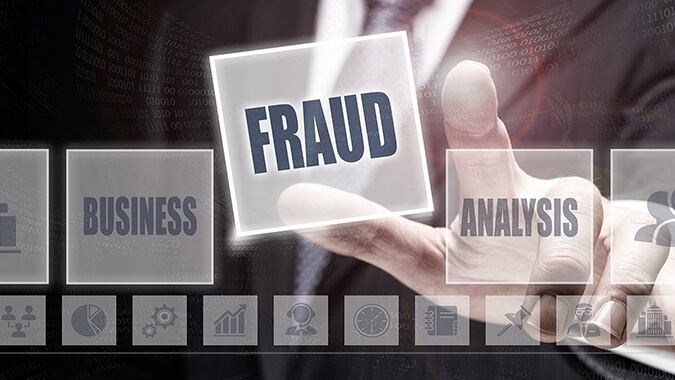
Understanding Vendor Fraud
- Published
- Nov 11, 2021
- Share
Vendor fraud covers a broad spectrum of schemes. To catch the perpetrators and limit financial damage, attorneys and their clients need to understand how vendor fraud perpetrators operate and when to consult a fraud expert.
Basic Schemes
Vendor fraud schemes can be divided into two groups: 1) fraud committed by vendors acting alone; and 2) fraud that involves collusion between vendors and the defrauded organization’s employees. They can be simple, such as when employees invent fictitious vendors and submit bills from the “vendor” to their employer for payment; or they can be complex. For example, a long-time supplier might pad its invoices and submit other unwarranted charges over a period of many years — sometimes operating with the help of an insider who is accepting kickbacks.
Common vendor fraud schemes include:
- Vendors submit inflated invoices for their goods and services. For instance, the invoice might reflect charges for a greater number of goods than the customer actually received.
- Bid rigging. Vendors and employees conspire to steer a company’s purchase of goods or services to a bidder offering a higher price.
- Price fixing. This is an agreement among competitors to set the same price for goods or services by either jointly establishing a price range or minimum price.
- Here, employees accept misappropriated funds from vendors for facilitating fraud.
Tracking Fraud Trends
Surveys show that fraud continues to increase — both in dollar amounts and frequency in this country and globally. According to the Association of Certified Fraud Examiners’ (ACFE’s) 2020 Report to the Nations on Occupational Fraud and Abuse, the typical organization loses 5% of its annual revenue to fraud. Applied to the estimated gross world product, this figure translates to a potential total worldwide fraud loss of more than 4.5 trillion annually, with the reported median fraud loss of $125,000.
21% of the frauds in the report involved losses of at least $1 million and more than 55% of the frauds were committed by individuals in one of six departments: accounting, operations, sales, executive/upper management, customer service or purchasing. Even more troubling is the fact that the typical fraud scheme lasted a median of 18 months before being detected. What is important to note is, the study show that the longer a fraud goes undetected the more financial damage it can result in.
The ACFE also found that organizations tend to over-rely on audits as a fraud prevention tool. The report revealed that surveyed victims most commonly used the external audits control mechanism. However, audits ranked comparatively poorly in both detecting fraud and limiting losses due to fraud. Clearly, while audits are important, organizations shouldn’t rely on them exclusively.
Arming Employees and Other Tactics
The study shows that fraud continues to be a large problem for business. If undetected over a long period, the result can be significant financial losses for a business. Studies show that the best way to combat the threat of fraud is for an organization to be proactive rather than reactive.
The ACFE report concluded that employee education is the foundation of preventing and detecting vendor fraud. Most fraud schemes are discovered via employee tips. In addition, organizations that provide antifraud training for employees experience fewer fraud losses. Organizations should ensure that their employees understand what constitutes fraud, how it hurts the entire organization and how they can report questionable activity.
In addition to educating employees, organizations can help prevent and detect vendor fraud if they:
- Establish an anonymous fraud hotline for employees and other stakeholders to report irregularities,
- Establish and review internal controls duties and functions regularly,
- Perform background screens on all new hires,
- Enforce appropriate segregation of duties and review procedures periodically,
- Establish a dual review process for master vendor file management, and
- Perform a vendor validation process that reviews and verifies each vendor’s business name, W-9, Tax Identification Number, phone number, P.O. Box and street address, bank account, and internal contact or salesperson name.
Because dishonest employees often set up fake vendors using their own personal information, organizations should cross-check vendor and employee addresses and Tax ID numbers. They also need to perform regular vendor file maintenance by removing duplicate files and the files of vendors that have gone out of business.
Time Well Spent
Vendor fraud can cost an organization thousands of dollars. Time spent reviewing, revising, and updating policies and procedures now are well spent if it prevents a single fraud scheme.
If you or your client suspect vendor fraud or another scheme, a fraud expert’s involvement is critical. Forensic accountants can confirm suspicions and help you build a case to recover the perpetrator’s ill-gotten gains. They can also help organizations prevent fraud from happening again in the future.
Fraud Week Insights
What's on Your Mind?
Start a conversation with the team
Receive the latest business insights, analysis, and perspectives from EisnerAmper professionals.













